Published in the Sunday Navbharat Times on 29 June 2025
“So what does your name mean? It’s a beautiful name.”
I was recently at a bustling conference hall in Chicago, attending an annual American travel industry event. The kind that’s filled with name badges, coffee-fuelled conversations, and new business relationships forming over shared maps and marketing decks. We were talking about destinations—what’s new, what’s trending—and then he asked me that question. It caught me slightly off guard. “It’s the female version of Lord Krishna,” I said with a smile, “but literally translated, Sunila means a good blue.” He laughed and replied, “Well, see you again, Good Blue!”
It was a small, silly moment, but it broke the ice in a way that only names can.
That conversation stayed with me—especially because I’d just listened to a podcast about the origins of names. It talked about how many names are either derived from meanings (niyoti= destiny, Jitesh= one who conquers all), ancestors (Richard I, Richard II), gods(Aditya=sun), or even the places people were born.And that got me thinking: If names matter so much to us—what about the names of the places we travel to?
We don’t often stop to think about why a country is called what it’s called. Or why a city’s name sounds poetic in one language, and hilarious in another. But place names carry stories. Sometimes they're ancient origins and often translated into their current names like Chinese whispers; sometimes they're born of colonial confusion; sometimes they’re coincidences that make us smile, like Chile in South America looking exactly like a chili pepper on the map.
So this week lets go on a journey around the world through the names of the places we visit—and what they might reveal to us, if we really listen.
Chile – The Long, Thin Land of Fire and Ice
Let’s start with that pepper-shaped nation. Chile stretches over 4,300 kilometers from north to south, and at times it's so narrow you can drive across it in under two hours.
Its name possibly comes from the Aymara word chiri meaning “cold,” or tchili, meaning “where the land ends.” Both make sense: in the north lies the parched Atacama Desert, and in the south, the icy fjords of Patagonia. It's a land of opposites, layered like a folded ribbon.
But in English? It reads as “chili”—and looks like one too. In Hindi, it just sounds spicy. That alone made me smile.
Why visit: from the driest area Atacama dessert to the beautiful fjords and glaciers of Patagonian Chile, there is everything for a perfect holiday. Stargaze in the clearest skies on Earth. Sip wine beneath the Andes. In Chile, the name may sound hot, but the experiences swing wildly across climates, cultures, and terrain.
Peru – A Mystery Name with Sweet Connections
In south America, just above Chile sits Peru. No one quite knows where “Peru” comes from. Some believe it’s named after a local ruler, Birú, whom the Spanish met in Panama. Others think it’s a misheard version of a native word.
In Hindi though, “Peru” means guava—tropical, colorful, sweet. And as I wandered through Peru’s markets, surrounded by the scent of ripe fruit, handmade textiles, and mountain air, that felt oddly perfect.
Why visit: Marvel at Machu Picchu, one of the wonders of the World. But also sip chicha in Cusco , a village that hasn’t changed in centuries as you marvel at the land of the Incas. Let the taste of guava linger while watching condors soar above the Colca Canyon.
Iceland & Greenland – The Big Naming Bluff
This is my favourite. Just look at the map and you’ll immediately notice the legendary mix-up. Iceland is lush green and mossy; Greenland is a ice cold frozen tundra. The story goes that Vikings named them in reverse to mislead invaders—though it’s more likely that they just named what they saw. Iceland had visible ice; Greenland had a green coastal patch during summer.
Why visit: In Iceland, bathe in hot springs under the northern lights. In Greenland, kayak past icebergs and listen to ancient Inuit stories. Both names are misleading—but their wildness is refreshingly honest.
Japan – The Land Where the Sun Begins
Speaking of east we must look at Japan. “Japan” comes from the Chinese Rìběn, meaning “origin of the sun.” It’s why Japan is poetically called The Land of the Rising Sun. In Japanese, it’s Nihon or Nippon.And honestly, you feel it there. Whether it’s a sunrise over the mountains of Hakone, or the glimmer of a Kyoto morning, Japan seems to embody the quiet majesty of beginnings.
Why visit: Taste matcha in a teahouse, get lost in Tokyo’s neon, or ride the Shinkansen, the bullet train into the heart of calm, clean order. The name is poetic—and the country lives up to it.
Morocco – The Kingdom of the West
In Arabic, Morocco is Al-Maghrib, meaning “The West”—a reference to it being the westernmost land in the Islamic world. But the English name comes from Marrakesh, which was once its capital.
So it’s a country with two names, depending on who’s naming it—and that’s exactly what Morocco feels like: a duality of identities, languages, and layers.
Why visit: Wander through the souks of Fez. Sip mint tea in a blue-washed town. Watch the sun set over the dunes of Merzouga, and you’ll understand why the name, like the place, has multiple meanings.
New Zealand – A Dutch Name on Māori Land
The name “New Zealand” was given by Dutch cartographers in the 17th century—Nova Zeelandia, after the Dutch province of Zeeland (meaning “sea land”). But the Māori had their own name long before that: Aotearoa, which most commonly translates to “Land of the Long White Cloud.”
Why visit: Explore fjords and snow clad mountains in the south island. Hike across volcanic plateaus and hear Māori legends beneath star-studded skies. Whether you call it Aotearoa or New Zealand, it’s a land where names hold deep reverence—spoken with wind, water, and time.
India – The River That Became a Nation
And of course, thinking of our own country, India’s name comes from the River Indus—Sindhu in Sanskrit. The Persians called it Hindu, the Greeks Indos, and the British later settled on India. It was a name given from the outside. It is also the land of Bharat!
And thus, India holds thousands of names within it. Cities named after gods. States named after rivers. Streets named after poets and philosophies.
Why visit: Because India is not one story. It’s a thousand meanings stitched into a single name. And truly a lifetime is not sufficient to visit India.
I continued my Usa trip to the land off Alaska, which was truly mesmerising , but more about that later. What was interesting was at a cultural center in Fairbanks. We were learning about Athabascan culture, and at a performance the indigenous man introduced himself to us. “My name is Henokettneh,” “It has three meanings: the forgetful one, the forgotten one, or the one who makes people forget their sorrow.” He smiled. “I like the third one and I try to live my life like that.”
He’d adopted the name Trevis for everyday use, but I couldn’t forget Henokettneh. He had shaped his entire life based on his name. It reminded me that Indigenous names don’t just describe places or people. They carry responsibilities, emotions, intentions.
As travelers, we often move quickly—flights, photos, highlights, hashtags. But names invite us to slow down. They ask: Do you know where you are? Do you know what this place was called before you arrived? Because names are not just labels. Sometimes, they are maps to the soul of a place.
So I’ll ask you this: have you come across someone or someplace whose name stayed with you long after the visit? And would you want to visit a place just because the name beckoned you?










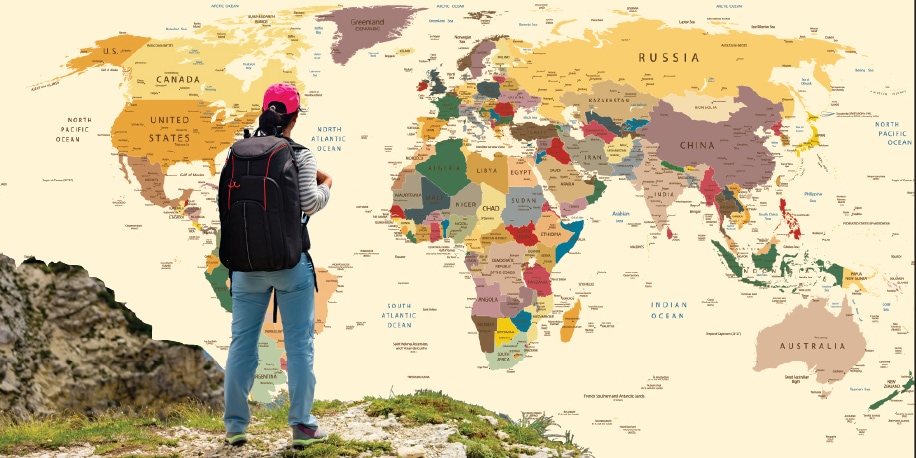
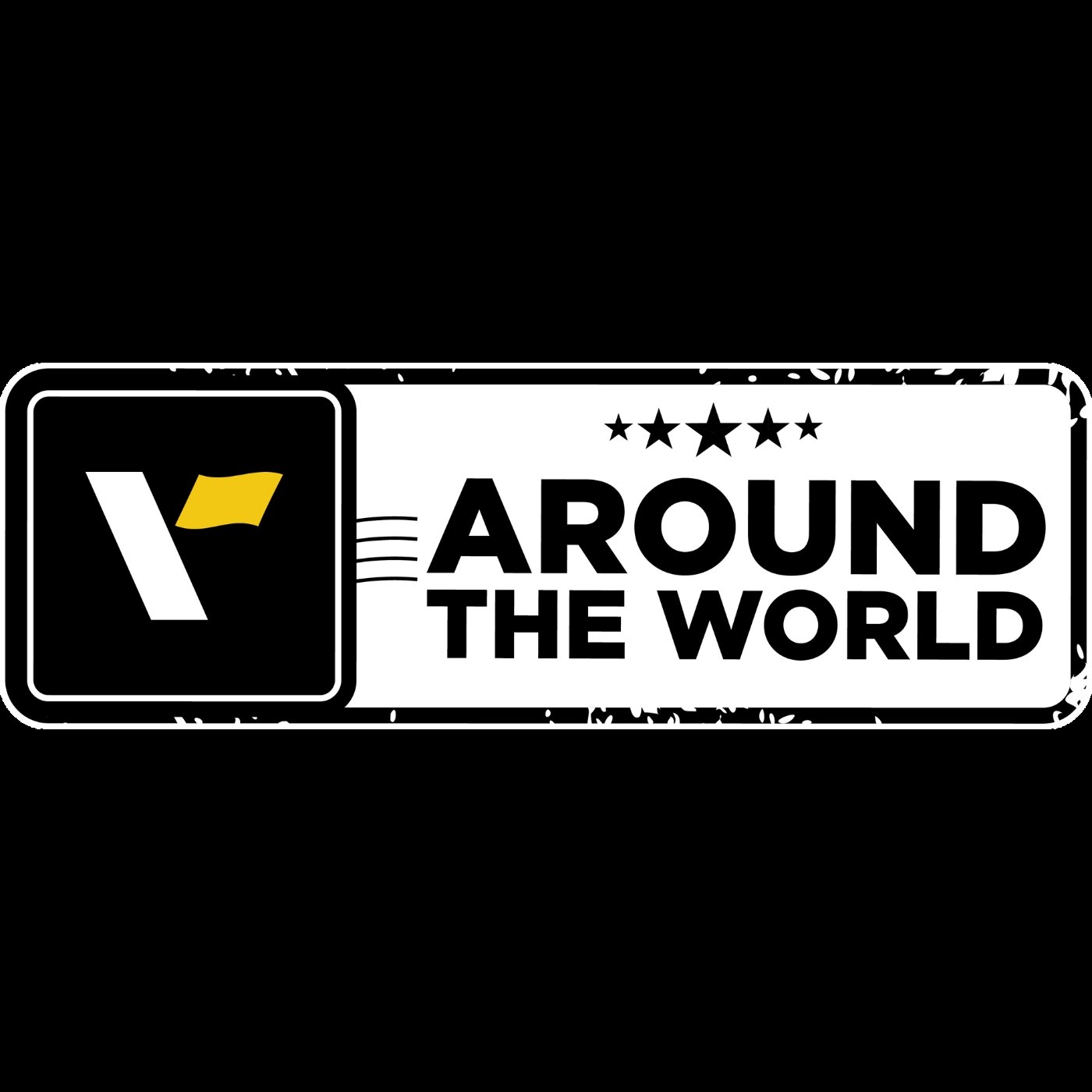

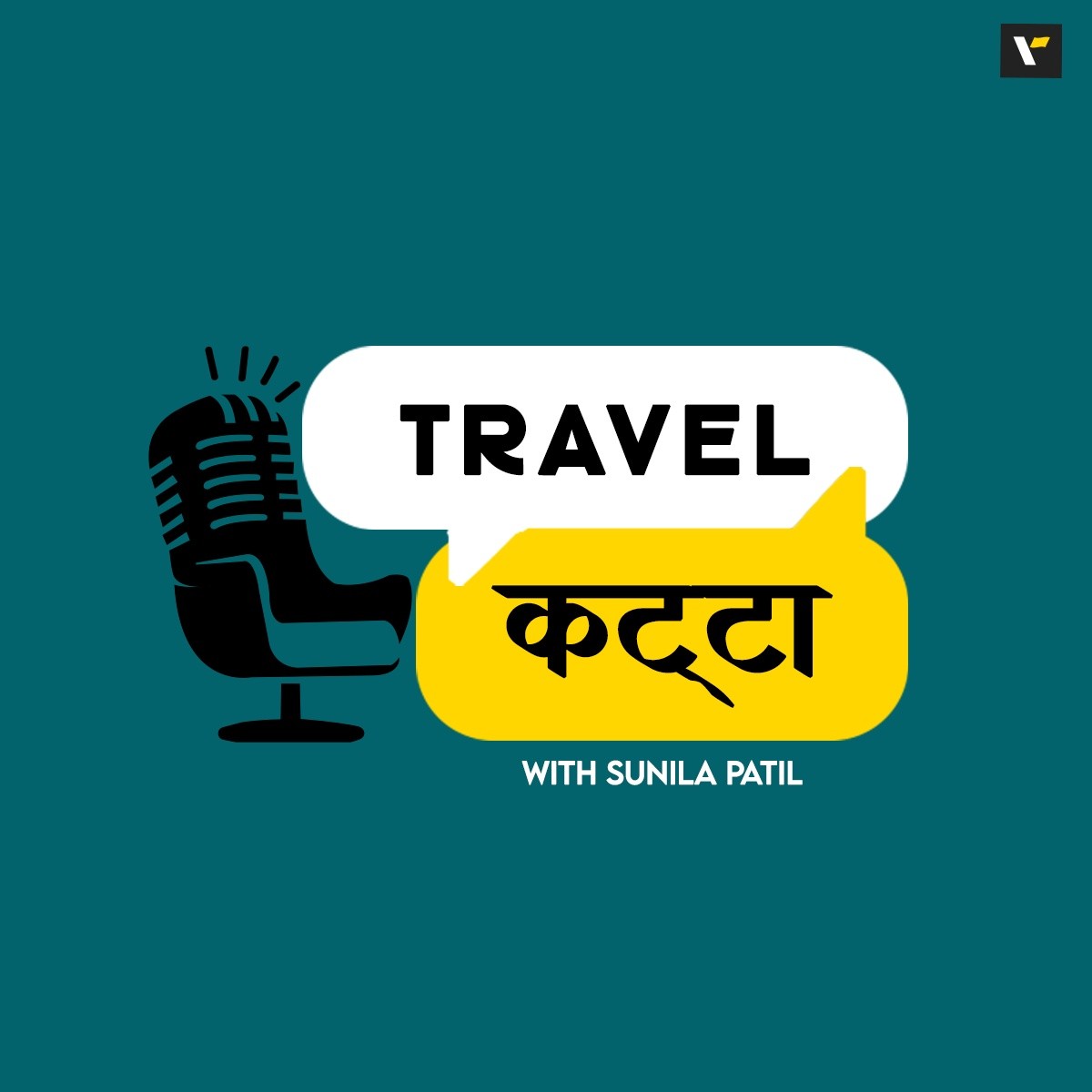
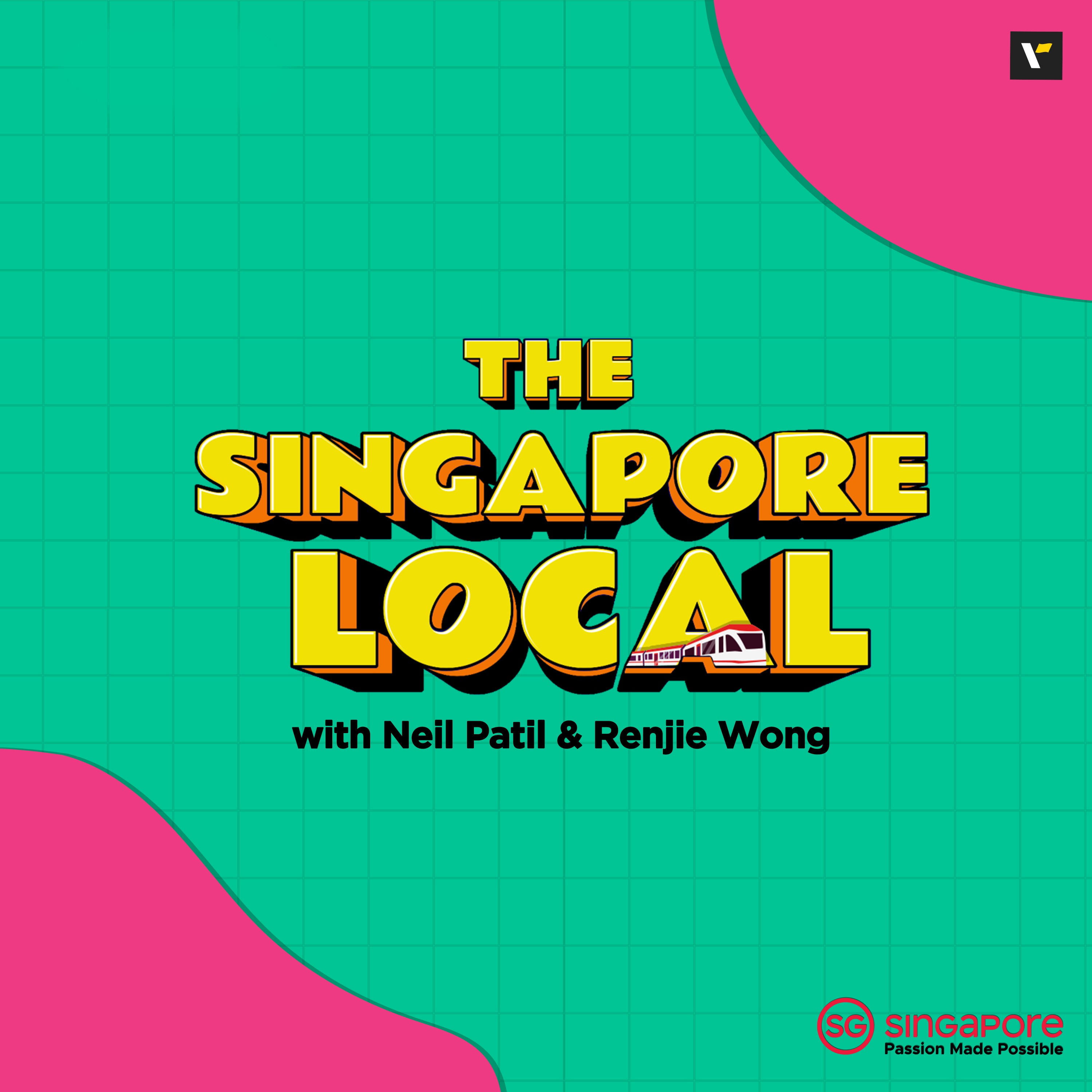
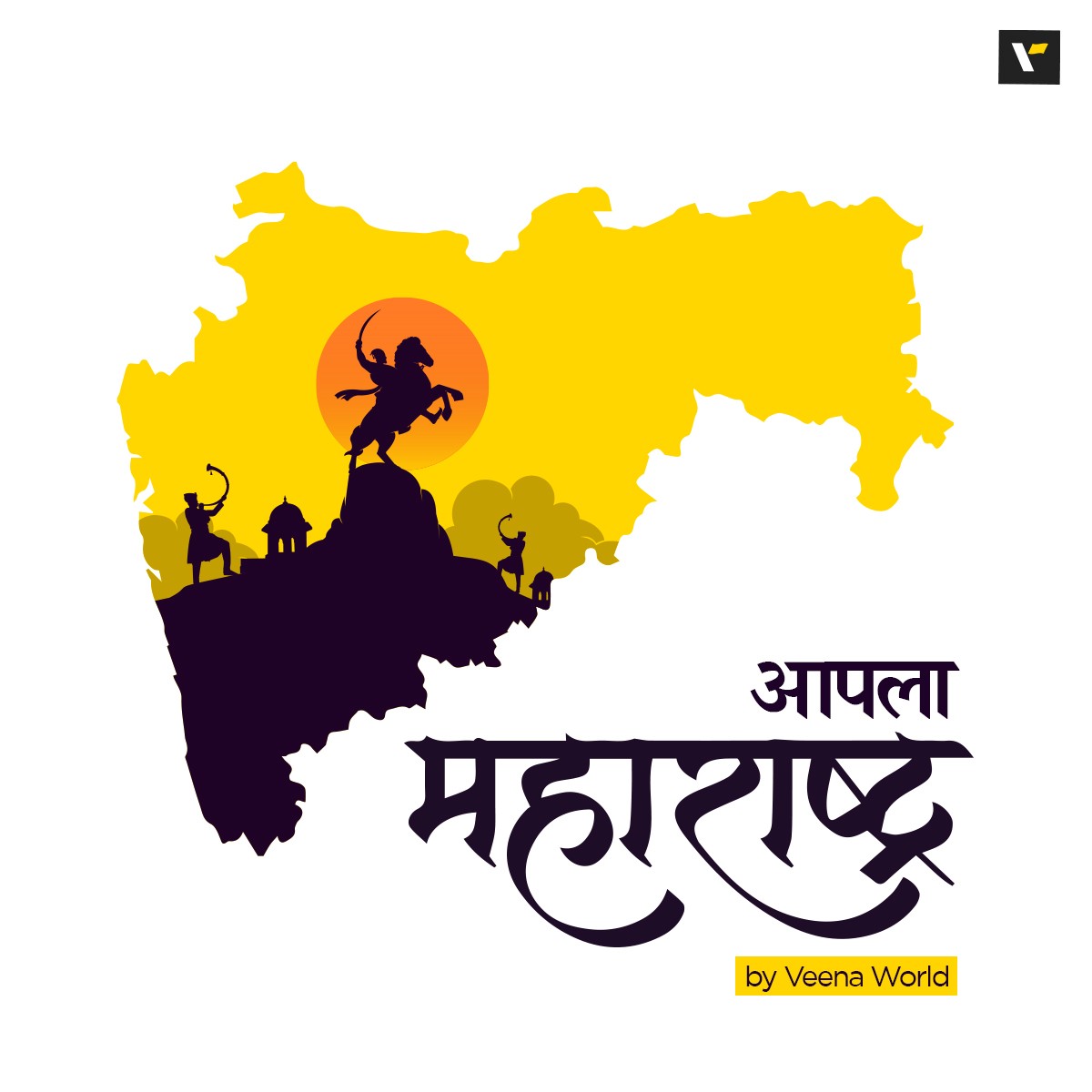
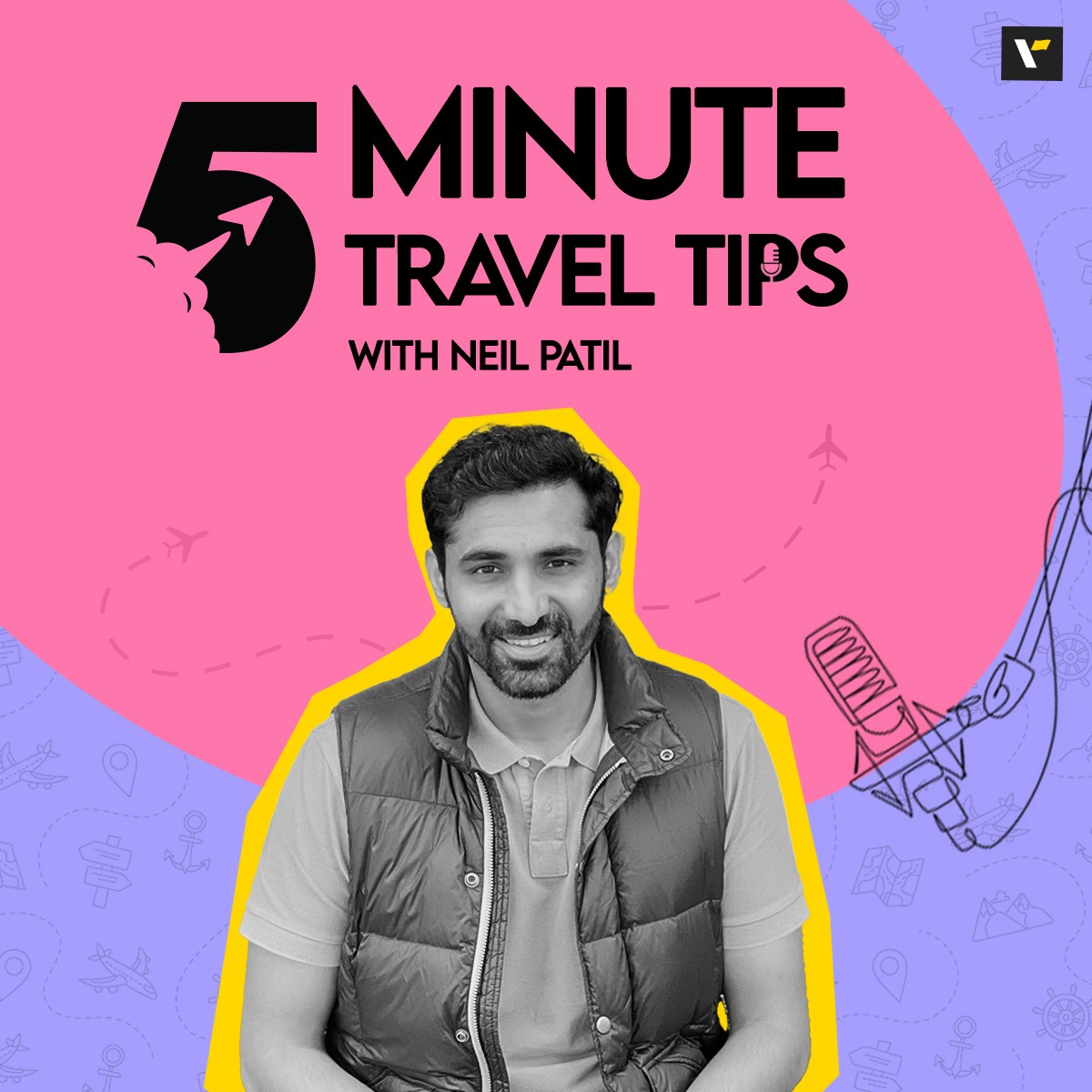







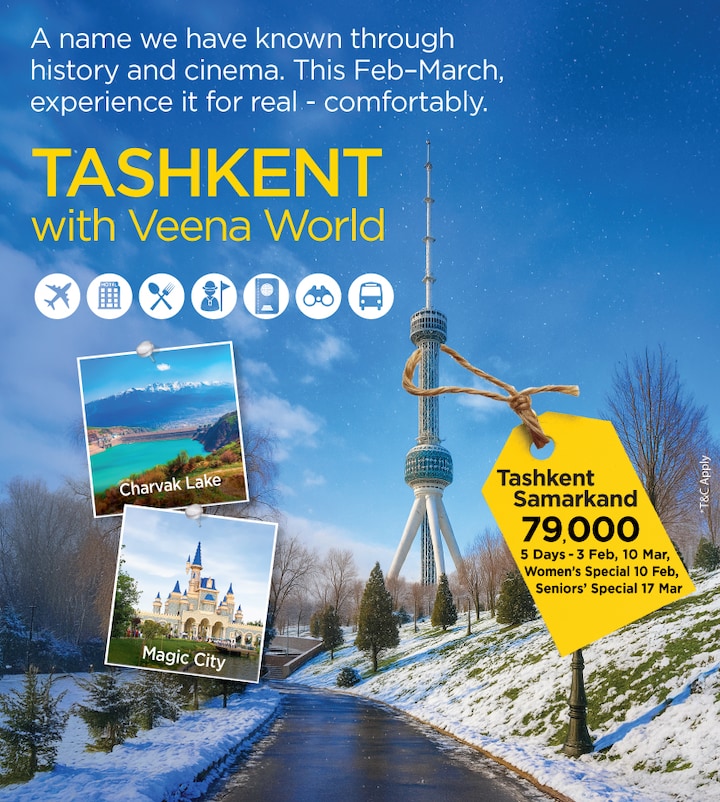
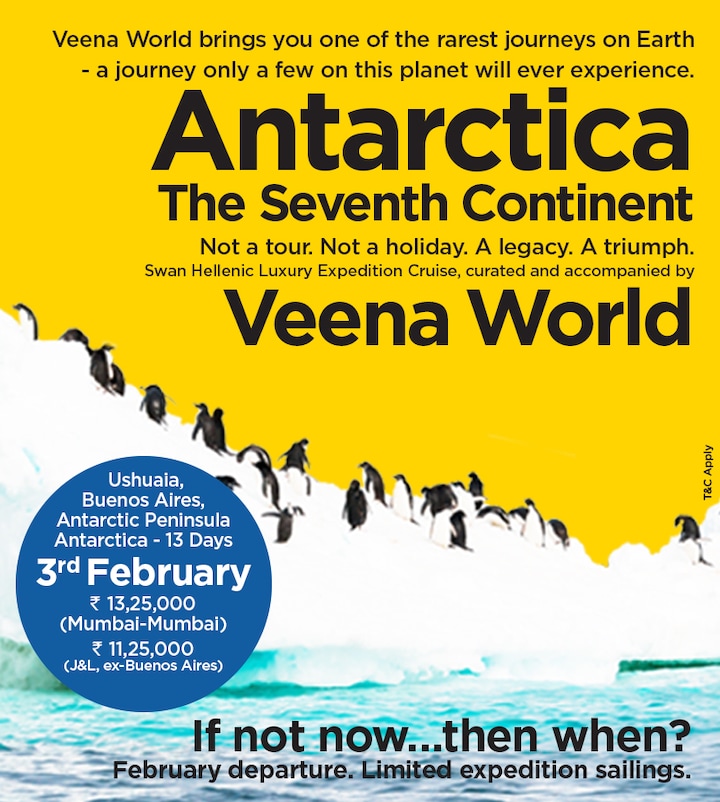


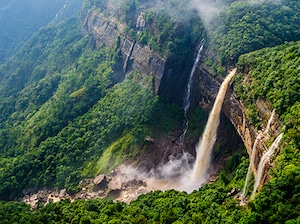
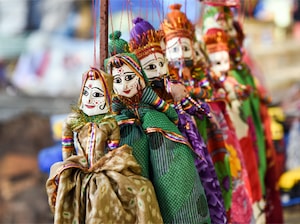
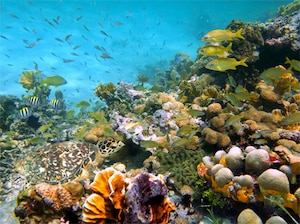
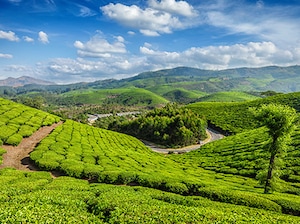
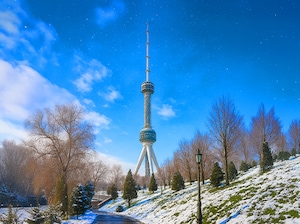

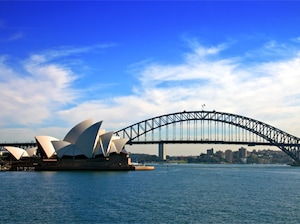
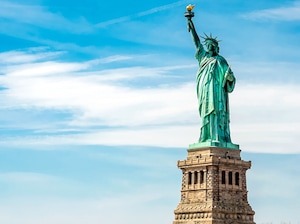



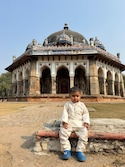
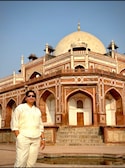





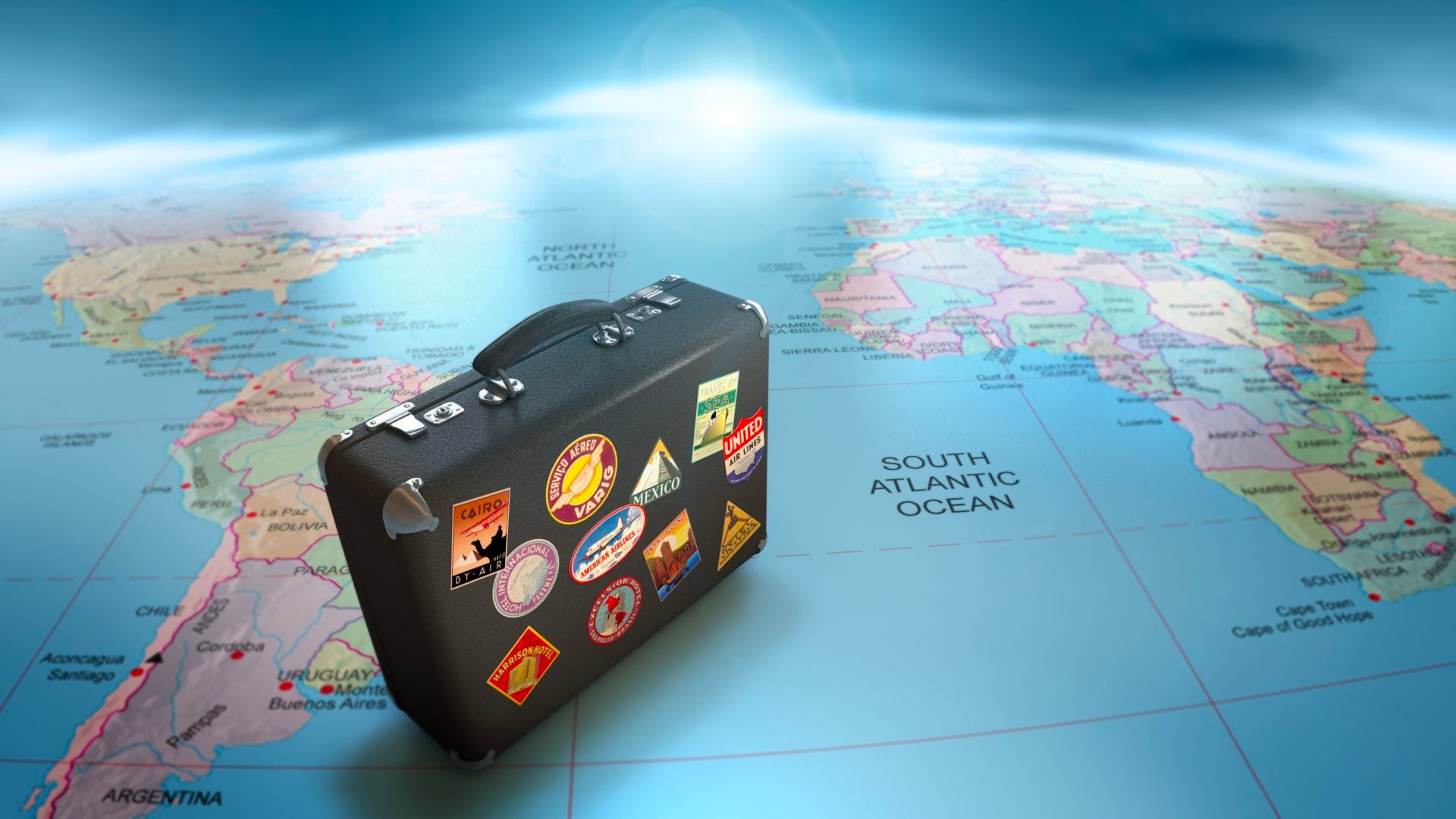

Post your Comment
Please let us know your thoughts on this story by leaving a comment.